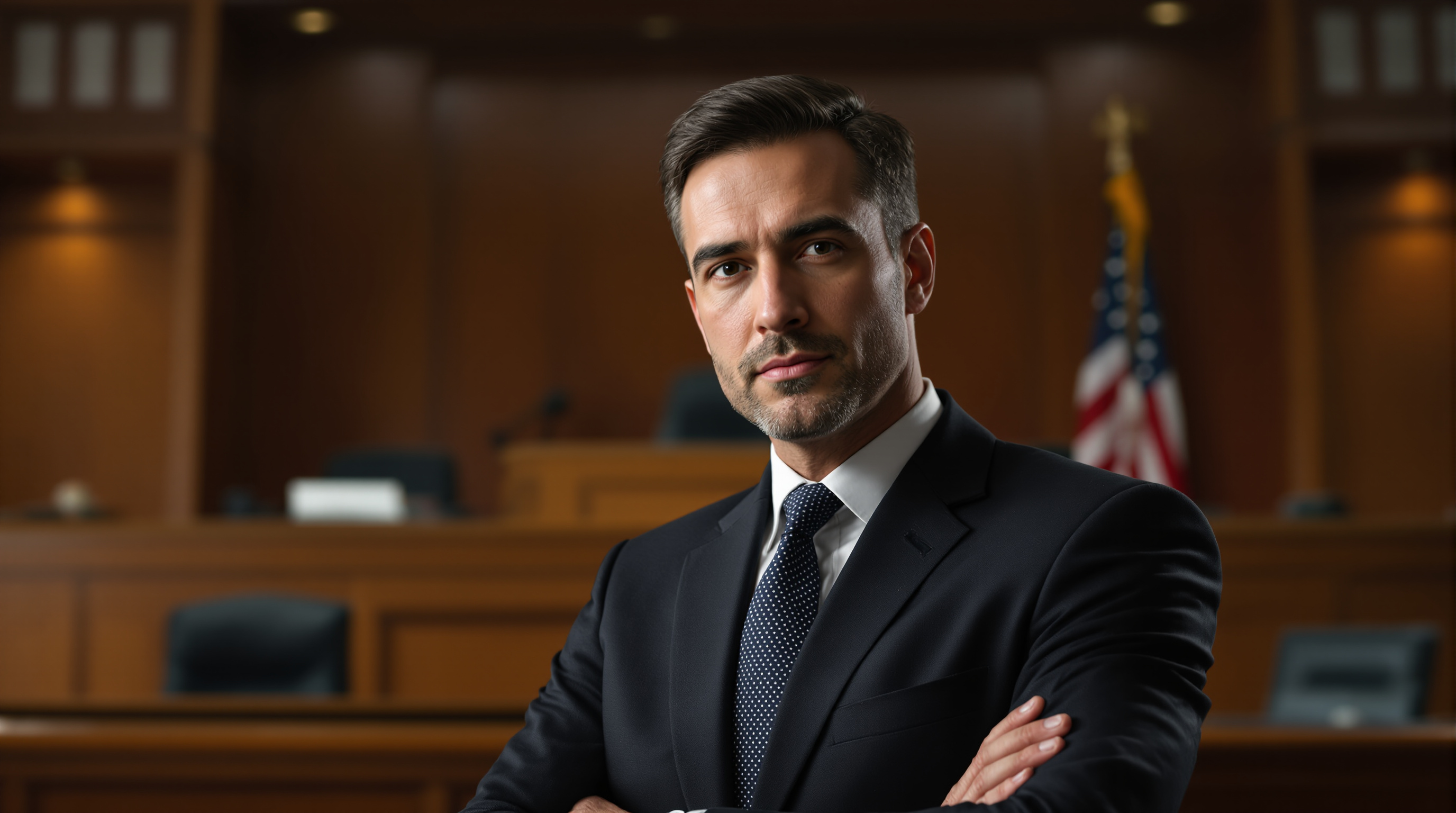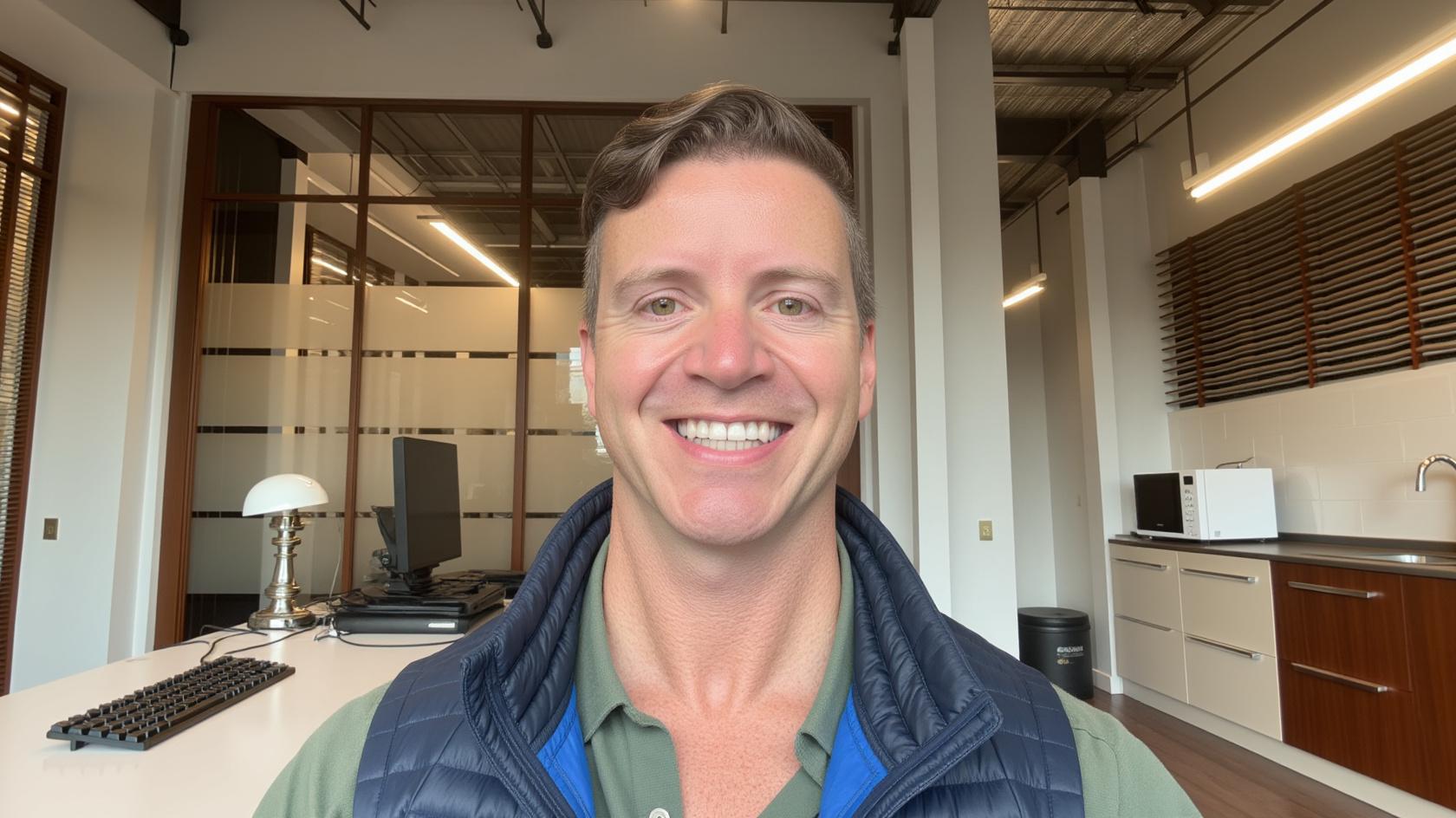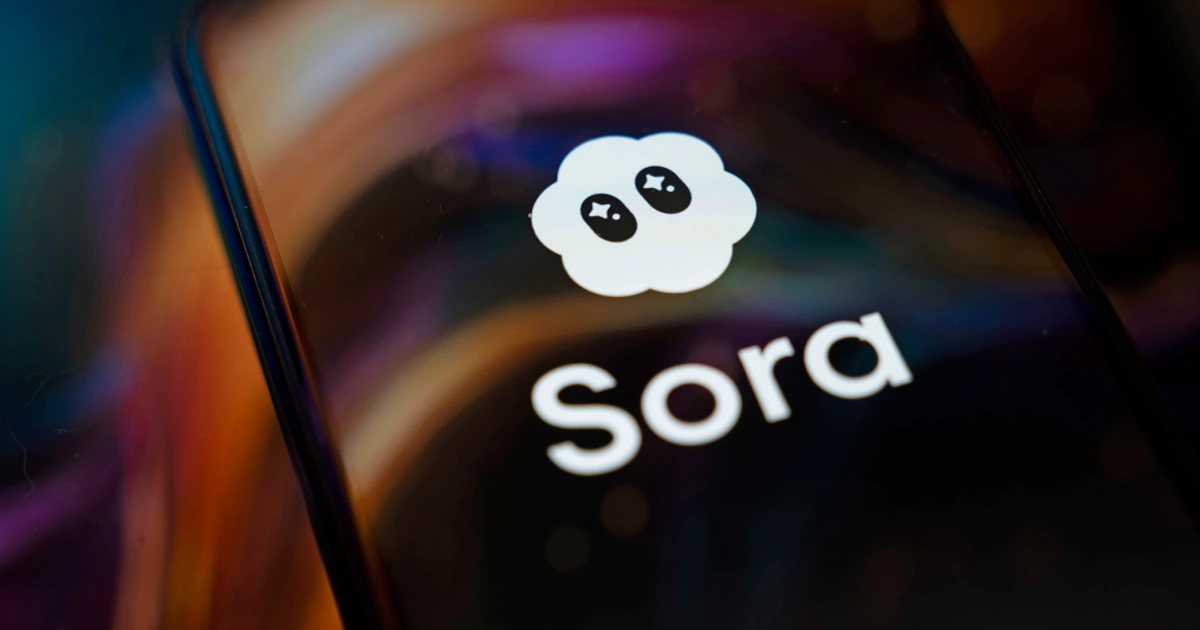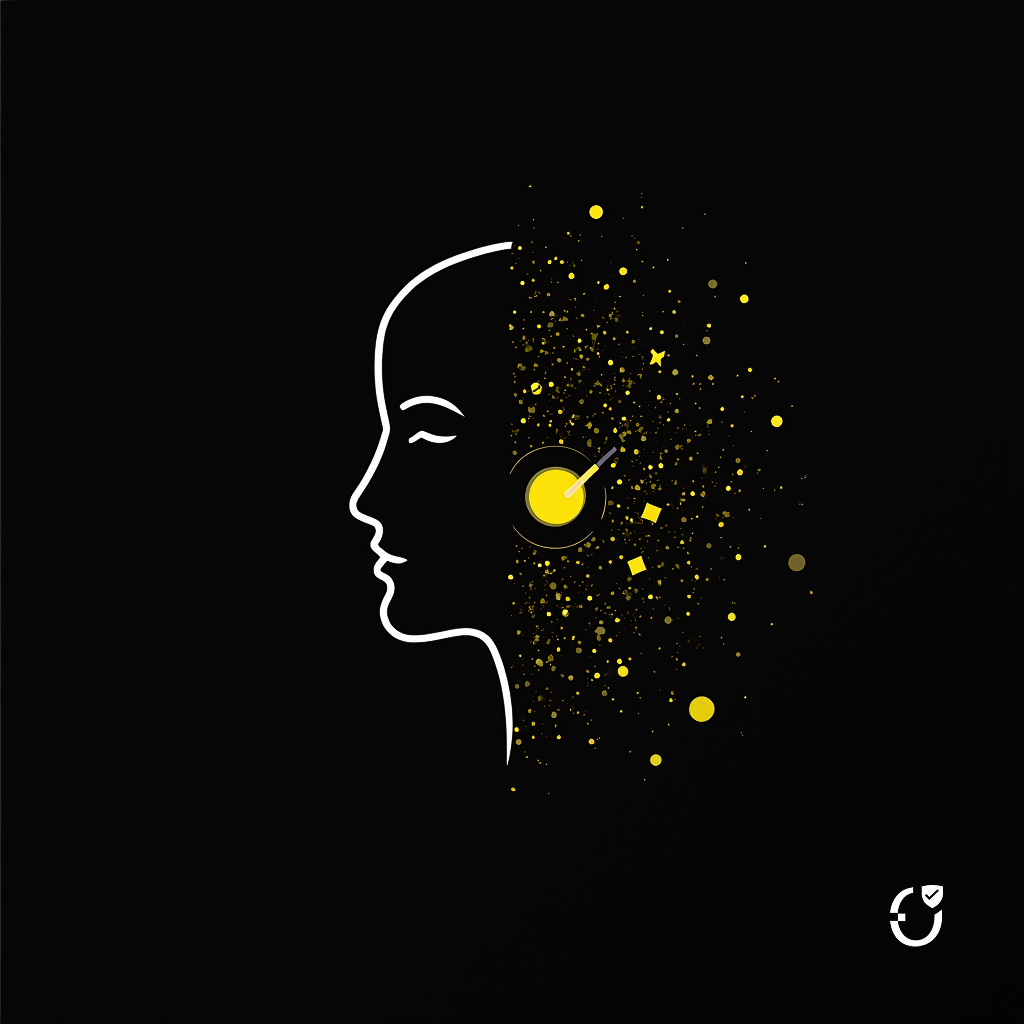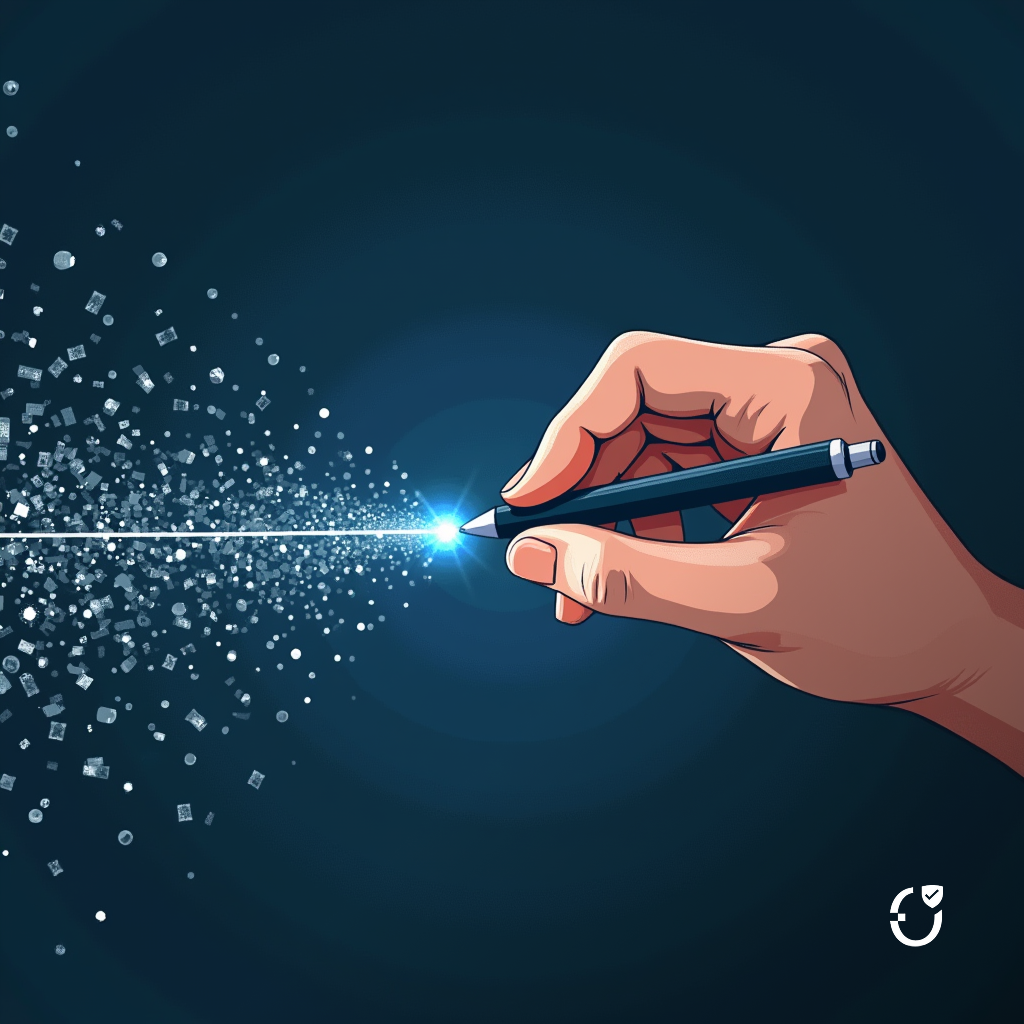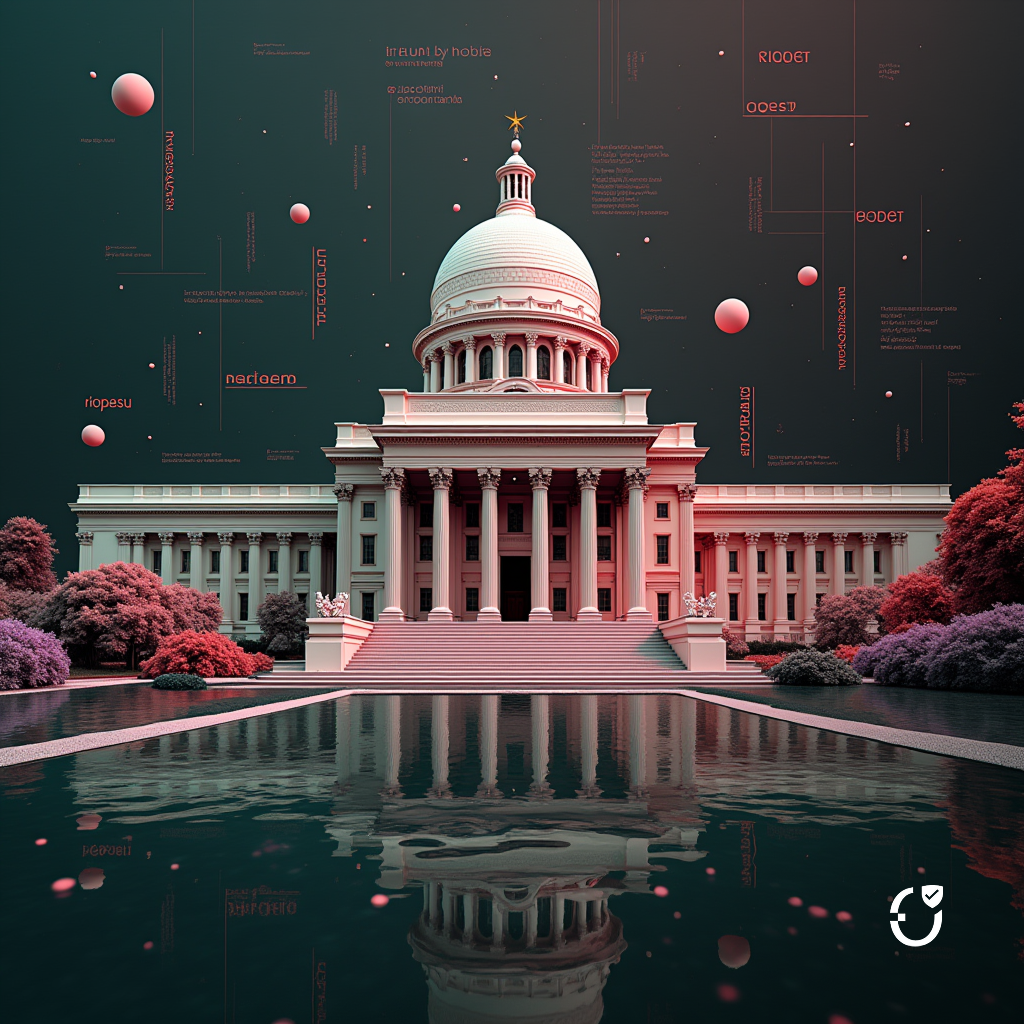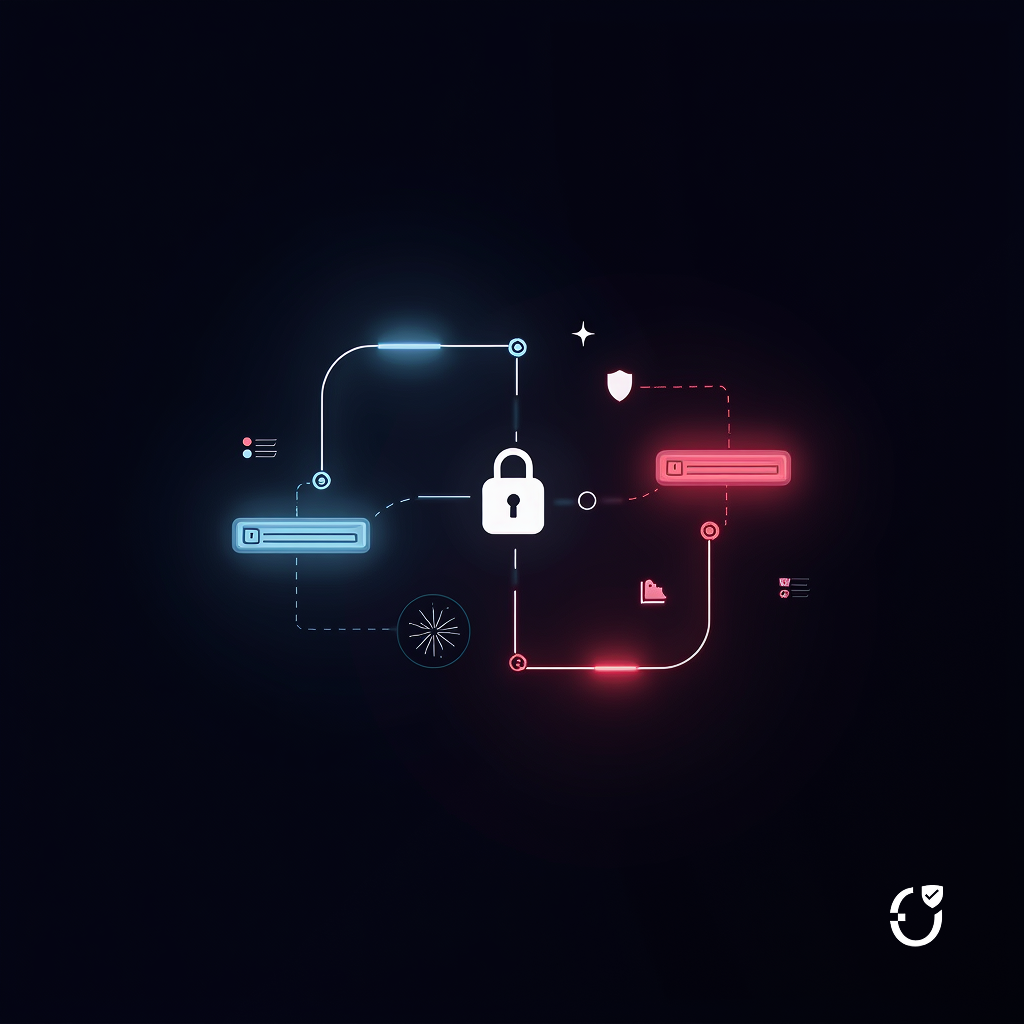Denmark is poised to make history. In June 2025, their government announced groundbreaking proposed legislation that would give every Danish citizen copyright ownership of their own face, voice, and likeness. While this proposal hasn't been voted on yet, it has secured support from nine out of ten Members of Parliament and is expected to pass when it goes before the legislature this fall.
This isn't just another incremental policy update—it's a fundamental reimagining of how we protect human identity in the age of artificial intelligence.
The Problem We're All Facing
Let's be honest about where we are. Generative AI has made it easier than ever to create convincing fake images, videos, and audio of real people. What once required Hollywood-level special effects can now be done by anyone with a decent computer and internet access. The technology has, as Danish officials put it, "overtaken the law."
Denmark recognized this gap and decided to act decisively. The proposal emerged partly in response to high-profile incidents, including political parties using deepfake videos in campaign materials—putting false words in politicians' mouths, even as satirical commentary.
What Denmark Is Proposing
The Danish proposal treats your likeness as intellectual property—similar to how we protect copyrighted works. Under this proposed law:
- Every person would automatically own the rights to their face, voice, and body's digital reproduction
- Non-consensual deepfakes would become unlawful to share
- Individuals could demand takedown of unauthorized content
- Tech platforms would face severe fines for non-compliance
- The protection would extend 50 years after death
- Clear exceptions would exist for parody and satire
As Danish Culture Minister Jakob Engel-Schmidt put it:"everybody has the right to their own body, their own voice and their own facial features." The proposal represents the first law of its kind in Europe, creating a uniform, country-wide standard for protecting personal likeness in the digital age.
Why This Matters for the Global AI Ecosystem
Denmark's approach addresses something we've been saying at Official AI from day one: consent, credit, and compensation should be the cornerstone of any AI content creation.
The current system is broken. Generic AI image generators often just block prompts of real people because of legal concerns. But that's not a solution—it's avoiding the problem. Denmark is showing us how to solve it properly: by giving individuals control and creating a framework for ethical, collaborative AI content creation.
This isn't just about preventing harm—though protecting people from digital identity theft is crucial. It's about creating space for authentic innovation. When we know someone's likeness is being used with their permission, we can focus on creating amazing content instead of worrying about legal liability.
How This Aligns with Official AI's Mission
Everything Denmark is proposing aligns perfectly with what we've been building at Official AI. Our platform already operates on the principle that synthetic media can be authentic media—if you can verify that there was consent given for the message.
When talent works with us, they maintain complete control over their digital likeness. We create what we call a "blueprint" from as few as 10 images, but the talent decides how that blueprint gets used. They set the terms, approve the content, and get compensated for every use. It's not about replacing anyone—it's about empowering them.
Denmark's proposed law would give this kind of control legal teeth. Instead of relying solely on platform policies or contractual agreements, individuals would have enforceable intellectual property rights in their own identity.
The Path Forward for the United States
Denmark isn't just solving a Danish problem—they're creating a template for the world. The Danish government has already indicated they'll use their upcoming EU presidency to share this approach with European partners. But what about the United States?
We're seeing momentum. The NO FAKES Act pending in Congress would create a federal intellectual property right in voice and likeness—similar in spirit to Denmark's approach. California has passed new laws requiring consent for AI replicas of actors. While the U.S. does have state-level right of publicity protections, these vary significantly and don't provide the comprehensive, uniform framework that Denmark is proposing.
The contrast is stark: Denmark is treating NIL rights as an urgent matter of personal liberty in the AI era, while the U.S. continues to rely on a patchwork of state laws with varying levels of protection and enforcement mechanisms.
Building the Future We Want to See
Denmark's approach creates space for innovation while protecting individual rights. This isn't anti-technology—it's pro-human agency in a technological world.
At Official AI, we've always believed the future of content creation isn't about AI replacing humans. It's about AI and humans collaborating in new ways, with clear boundaries and mutual respect. Denmark's proposed law would create the legal infrastructure for exactly that kind of future.
When individuals have clear ownership rights in their likeness, and platforms like ours provide the tools to exercise those rights safely and profitably, we get the best of both worlds: incredible creative possibilities powered by AI, with the consent and compensation that makes it sustainable for everyone involved.
The future of authentic AI content is one where your image, your voice, and your story remain yours to control. Denmark is about to take a massive step toward making that future reality.



